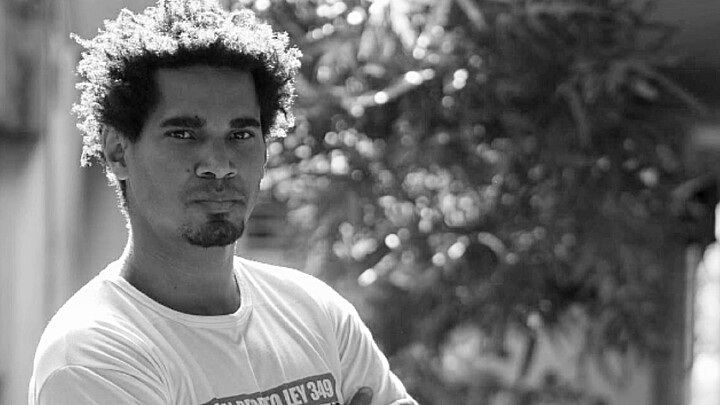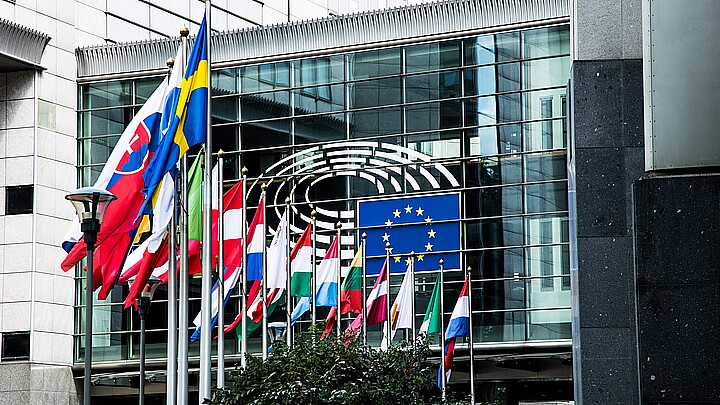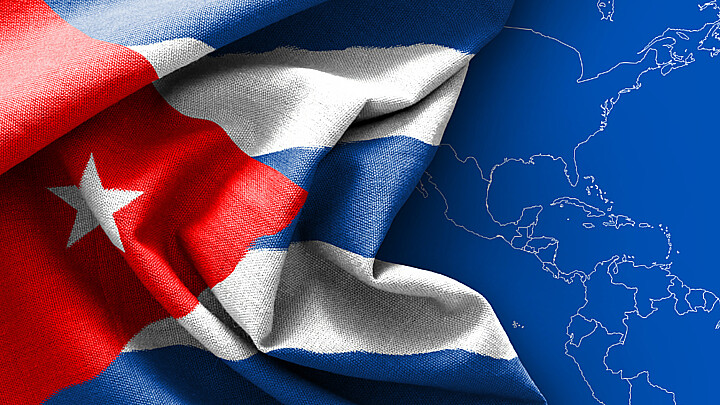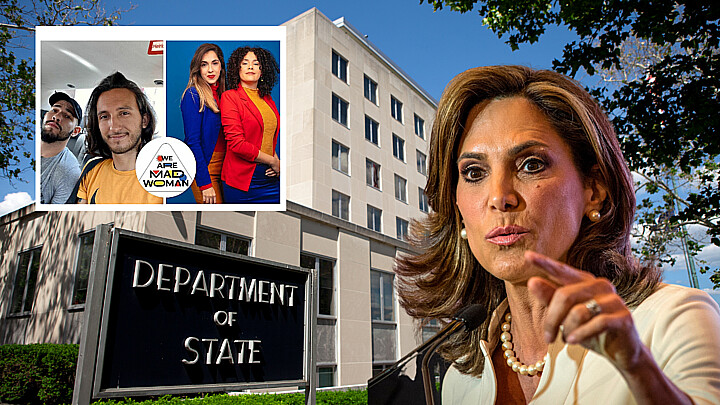Human Rights
Overnight protests sweep Cuban streets after days of power outages, Internet blackouts
Hundreds of Cubans took to the streets overnight from Sept. 29-30 to peacefully protest the regime’s inability to restore power after suffering prolonged blackouts that started Tuesday
September 30, 2022 12:04pm
Updated: September 30, 2022 3:40pm
Cuba suffered a nationwide power blackout Tuesday afternoon after the western part of the island was struck by Hurricane Ian, leaving regime officials and its state-sponsored electrical utility company struggling to come up with an "explanation."
Several hundred Cubans took to the streets overnight from Sept. 29-30 to peacefully protest the regime’s inability to restore power after suffering prolonged blackouts that started Tuesday, after Hurricane Ian plowed through the western part of the island.
The continuing blackout has concerned many Cubans and raised questions about the competency of regime officials, the effectiveness of the state-owned electrical company that distributes energy throughout the island, and the functionality of the country's electrical grid.
Between Thursday afternoon and evening, several videos of peaceful demonstrations surfaced on social media. The regime responded to the broadcast with an internet blackout that left the island without connectivity for several hours until around 4:00 am on Friday.
In the footage, Cubans are seen demanding both freedom and the re-establishment of the electric service. Many Cubans inside the island have been without electricity for more than 48 hours in a row in several localities of Havana.
One of the protests took place in the San Francisco de Paula neighborhood, located in the Havana municipality of San Miguel del Padrón, where dozens of people were seen shouting "freedom" in the middle of the streets.
Faced with the popular outrage and fears that the power outages could evolve into political anti government protests, the regime mobilized "troops and repressive agents to the area," as shown in another video posted by Miami-based Cuban American journalist Mario J. Pentón on Instagram.
Más videos de las tropas represivas que #DíazCanelSinago mueve contra el pueblo cubano. Hay reportes de protestas en Cárdenas, Guanabo y La Habana. pic.twitter.com/szxU7N4O29
— Mario J. Pentón (@MarioJPenton) September 30, 2022
Demonstrations were also reported in the Havana municipalities of El Cerro and Arroyo Naranjo.
Women and children of different ages staged a protest in Calzada del Cerro, in which a cordon was extended from one end of the public road to the other, preventing the circulation of vehicles.
Another protest in the town of La Fraternidad, in Arroyo Naranjo, was posted on social media by a Spanish-based influencer depicting residents chanting "we want light" while banging pots and pans.
But it was not only in Havana that protests took place on Thursday. From Cárdenas municipality, in Matanzas province, images also arrived of the mobilization of police to repress protesting residents.
"More videos of the repressive troops that #DíazCanelSingao moves against the Cuban people. There are reports of protests in Cardenas, Guanabo, and Havana," added Penton on Twitter.
Another "incident" occurred on Thursday afternoon in Surgidero de Batabanó, Mayabeque province, where social media users claim that Cuban ruler Miguel Díaz-Canel was booed by the population.
"Carry on, old man, carry on!" can be heard in the videos broadcast on the Internet in the middle of a security operation, but the ruler is not clearly seen.
The official Facebook page of the Communist Youth Union (UJC) did confirm Díaz-Canel's visit to the municipality, however, footage shared by the state press confirmed that the Cuban ruler was present at the vicinity.
In the midst of these protests, at approximately 8 p.m., the Cuban regime cut off Internet access throughout the island and reestablished it at 3 a.m. on Friday.
On Sept. 29, two days after the passage of Hurricane Ian through western Cuba, the Cuban Electrical Union (UNE) reported persisting complications in recovering the National Electrical System, as well as some progress, but that there was no guarantee there would be a quick return to normality for the remainder of the country.










